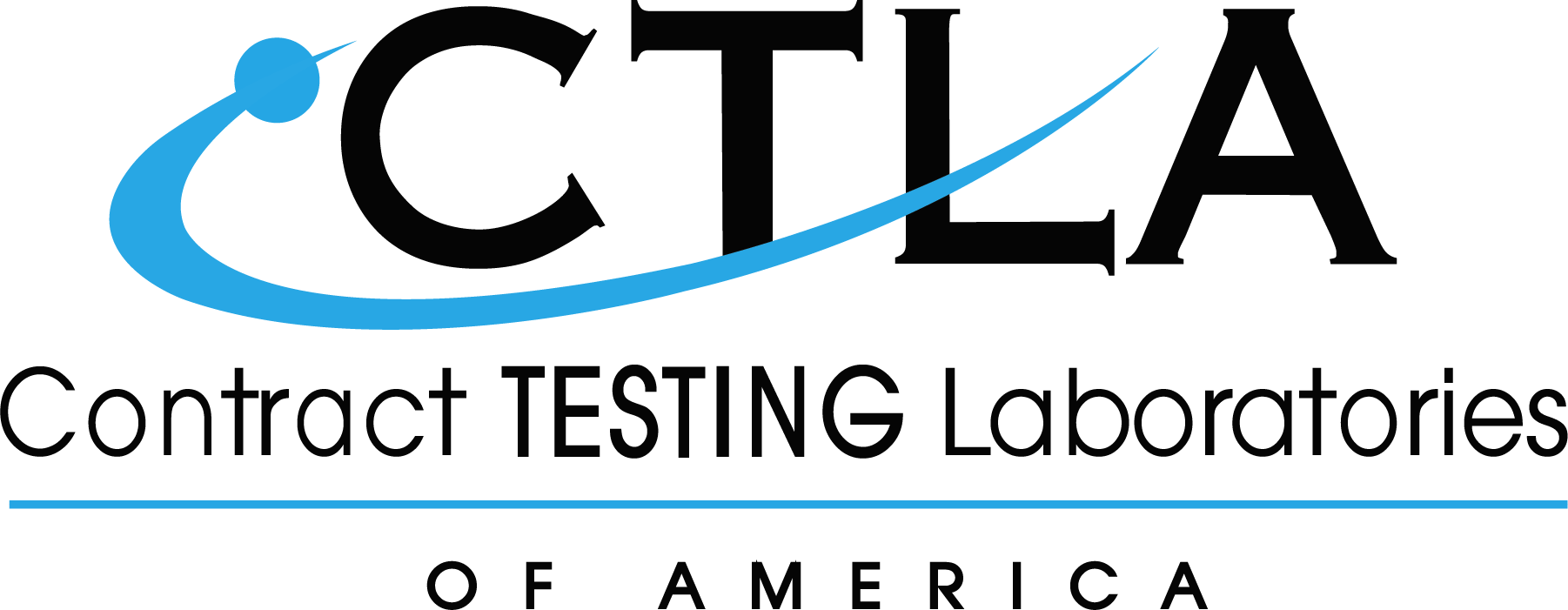Organic Certification
What are the Benefits of Being Certified USDA Organic?
There are several environmental and economic benefits to obtaining USDA organic certification for your product. Initially, going organic may appear to be more expensive. However, within 5-10 years, the benefits improve the environment and reduce costs to increase profits. Here are some of the benefits of obtaining USDA Organic Certification.

1. Consumer Demand
Increased consumer demand is one of the biggest reasons to have your crops, livestock, and handling procedures certified organic. In the US, the demand for sustainably sourced natural products is growing while resistance to purchasing chemically grown or genetically modified crops is growing, too.
By 2025, Grand View Research estimates the global organic food and beverage market will reach $320 billion in US dollars. In 2015, fruits and vegetables accounted for 37% of the organic market. The fastest-growing segment of the organic market is meat and poultry.
2. Higher Compensation
The Hartman Group’s 2019 Sustainability Report shows the awareness and influence of the USDA Organic Seal. In their survey, 69% of consumers indicated they were at least somewhat if not downright more likely to purchase products with the USDA Organic Seal even if it was more expensive than similar products.
3. Access to Technical Training and Financial Resources Through the USDA
USDA Organic Certification includes training and transition assistance and access to data and research on the organic economic market, market reports, and surveys. Research grants are also available along with financial resources and crop insurance.
4. Improve the Environment
Using organic methods have been shown to:
- Improve soil health. Over forty years of research in Denmark shows organically managed soil had higher levels of microbial biomass carbon, greater fragment size, and better aggregate stability in water than conventionally managed soil.
- Improve water quality by reducing nitrogen leaching into groundwater and phosphorus movement into surface waters. Leaching of these nutrients overstimulates algae and aquatic plant growth.
- Support biodiversity. Organic farming benefits the overall ecosystem and may provide a 30% higher biodiversity rate than conventional farming according to a Swedish meta-analysis.
- Conserve Energy. Roughly 30-50% less energy from fossil fuels is used for organic crop production than comparable non-organic products. Organic production may increase human labor by about a third.
Areas for USDA Organic Certification
- Agriculture Crops
- Handling for Processing and Manufacturing
- Livestock and Poultry
- Wild Crops

Steps to Obtaining USDA Organic Certification
- The business (farm, ranch, or processing/manufacturing plant) adopts and complies with organic processes as outlined by the USDA’s Organic Production and Handling Standards.
- The business submits an application and fees to a USDA accredited certifying agent (CTLA).
- After CTLA reviews the application for compliance with USDA’s organic standards, a CTLA inspector will conduct an on-site inspection of the applicant’s processes and operation.
- After on-site inspection, CTLA jointly reviews the application and inspection report to determine whether all processes and procedures comply with USDA organic certification requirements.
- CTLA issues an organic certification to the applicant or communicates necessary changes to meet organic certification requirements.
CTLA USDA’s Organic Certification Application
What we are all about.
We are committed to helping our clients with all their testing needs.

A Lab for you
We understand the importance of accuracy and complying with regulation, and that's why we use the most advanced and reliable equipment available. Our commitment to quality and customer satisfaction has earned us a reputation as one of the top testing facilities in Utah, where we serve clients in the state of Utah and Nationwide.





